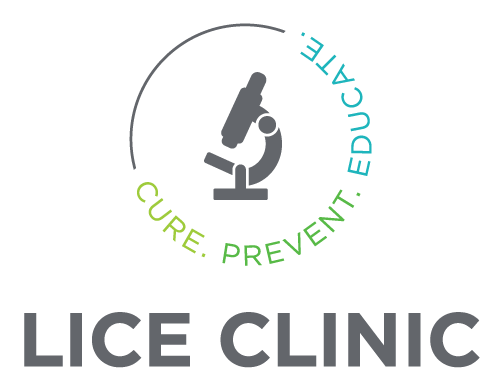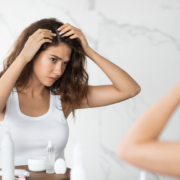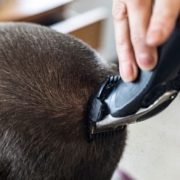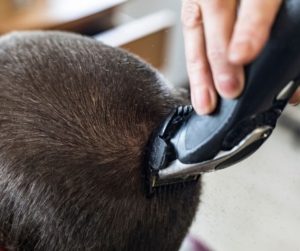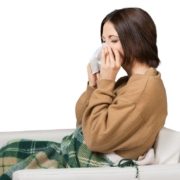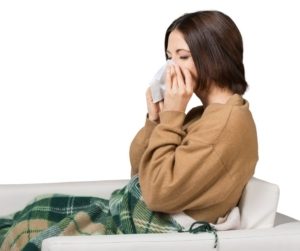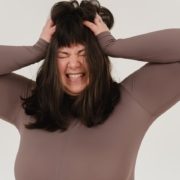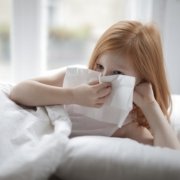How Long After Treatment is Head Lice Spreadable?
No one enjoys having lice. One question many people have is how long head lice can be spread after treatment.
How is Head Lice Spread?
Before digging into how long lice can be spread after treatment, it is important to know how lice can be spread. For head lice to be spread from one person to another, there needs to be the existence of an adult, egg-laying louse. If an egg-laying louse moves from one head to another, the infestation will spread.
Head lice transmit through close physical contact. This most often occurs with children who are routinely close to one another while playing. However, it can occur with adults as well. It is more likely in situations that require close quarters such as riding public transit or being at an event.
How Does Treatment Kill Head Lice?
Treating head lice requires a number of things. First, treatment must kill lice that lay eggs as these are what are able to spread lice from one person to another. Secondly, it must involve killing or removing all of the eggs in order to prevent new lice from emerging.
These two steps are critical for breaking the head lice life cycle. Fortunately, your local lice clinic can help treat lice. With heated air technology used at our lice clinics, treating lice has become a much easier process.
How Long Can You Spread Lice After Treatment?
The answer to this question is a bit difficult to answer as it is situational. In the event of a successful treatment, you can no longer spread lice to others after the first treatment. This is because it will kill all of the egg-laying lice. Of course, this does require you to continue the treatment as required to continue removing any eggs and killing newly hatched lice. If you stop the treatment, you can once again become contagious.
Of course, there is also a possibility of a treatment that is not fully effective. If the first treatment is not done following the instructions carefully, there is a chance that it may not kill all the egg-laying lice. In this situation, you would still be contagious until these are killed, typically in the next treatment. This is one of the reasons why it is very important to ensure that you are carefully following directions when treating head lice.
Thus, you can technically continue to spread lice for a long time after treatment if you do not treat the lice correctly. However, if you follow directions and complete the entirety of a treatment, you will immediately stop being contagious. Continuing to check for lice and eggs for roughly three weeks is typically advised.
Another thing to consider is where the head lice were initially contracted from. After all, for someone in your family to get head lice, they had to get them from someone else. If this is someone that a family member frequently interacts with and that initial person does not treat their head lice, it is possible to become reinfected even if you are properly treating your head lice.
This can also complicate the answer to this question. In these situations, you may become lice free only to be reinfected and be able to spread them yet again. This is another reason why frequent checking or lice is important over a few weeks.
When it comes to head lice, an important question is how soon after treatment you will stop the potential to spread lice to others. In an effective treatment, you will no longer be contagious after the very first treatment. Contact your local lice experts at LCA Quad Cities to get the best treatment options for lice.
